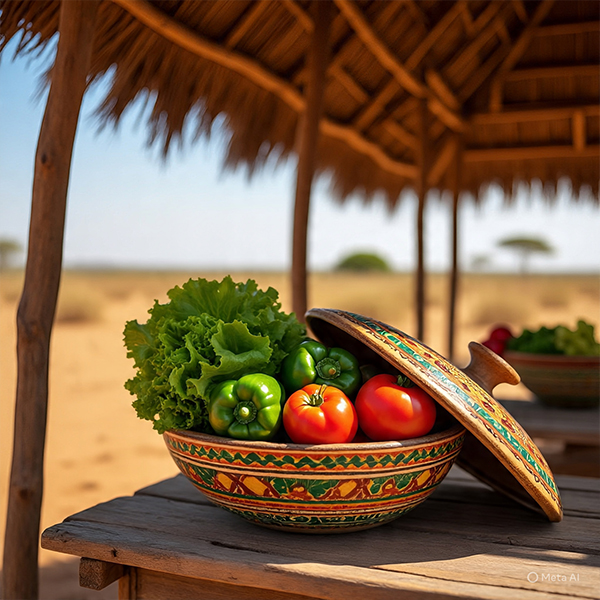What if the secret to fighting hunger and food waste was as simple as a clay pot, a little salt, and sunlight?
Across Ghana and other parts of Africa, families are turning to age-old but effective ways to keep fruits, vegetables, milk, and meat from spoiling. These methods—like clay pot coolers, sun-drying, and salting—are giving households extra days, weeks, and even months to enjoy fresh food.

During the COVID-19 lockdowns, many families couldn’t reach fresh markets. Traders watched their produce rot, while women—often the last to eat—struggled to feed their families. Now, with climate change bringing droughts and rising temperatures, learning to preserve food has become even more urgent.

A clay pot cooler, for instance, can extend the life of vegetables by three to four times—without electricity. Sun-drying mangoes, tomatoes, or greens can turn surplus harvests into income during the lean season. Smoking or salting meat helps households keep protein safe for weeks.
For women, who often carry the burden of food processing, these skills can also mean new income and independence. Yet without more support, training, and access to markets, the workload risks growing heavier.
Advocates say the solution is clear: teach communities low-cost preservation methods, support research into indigenous practices, and invest in small-scale storage hubs.
Because in the fight against hunger, producing more food isn’t enough—keeping food fresh is just as important.
resource material: https://farmradio.org/radio-resources





